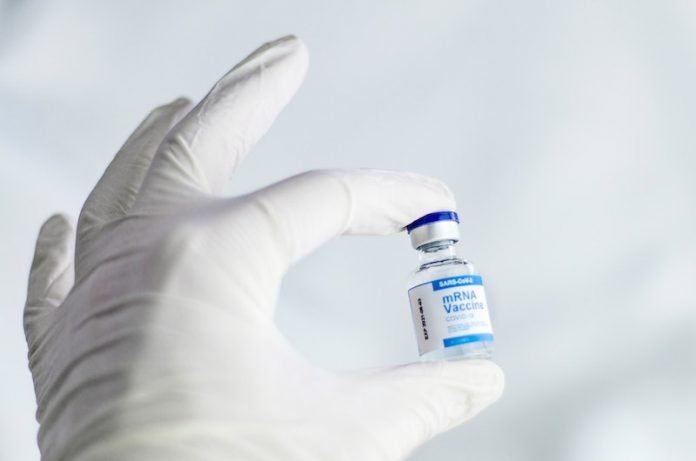
Vaccine hesitancy continues to be a hurdle in the development of widespread immunity within the U.S. population as the COVID-19 pandemic enters its second year.
In a new study from the University of Cincinnati, researchers have developed a computerized decision-analytic model to compare projected outcomes of three vaccine strategies:
A patient opts for a messenger RNA vaccine, a patient decides to get an adenovirus vector vaccine or the patient simply forgoes a vaccine altogether.
Pfizer and Moderna produce mRNA vaccines while Johnson & Johnson manufactures an adenovirus vector vaccine.
The decision-analytic model uses a metric of quality-adjusted life expectancy that accounts for both survival and quality of life as affected by hospitalization, COVID-19 disease and long-term post-infection complications on a patient, also commonly known as a long-haul syndrome.
The model simulated the health outcomes for a 65-year-old and found the patient would gain a net of 7.4 days—an extra week of life—if the person received the mRNA vaccine versus opting to not vaccinate at all.
Of the two strategies that include receiving a vaccine, both yield virtually equivalent results, with the mRNA vaccine demonstrating a minimal gain of roughly one day of life compared with the J&J vaccine.
The team says the important point is that both types of vaccines are better than no vaccine.
If researchers take a public health perspective by multiplying that gain over the vaccine-eligible population, it results in a large net benefit for the nation.
The researchers say if the U.S. extends the per-person benefit to the remaining unvaccinated and eligible population (individuals 12 years old and up) in the country, the aggregate benefit would be 3.92 million quality-adjusted life years for those receiving an mRNA vaccine.
If the aggregate benefit were calculated using the J&J vaccine it would result in a net benefit of 3.38 million quality-adjusted life years.
The current analysis suggests that both vaccines yield virtually equivalent results. The take-home message is that receiving either type of vaccine is better than not getting vaccinated at all.
If you care about COVID vaccines, please read studies about what you need to know about COVID vaccines and imaging scans and findings of old vaccines can fight new pandemics like COVID-19.
For more information about COVID and your health, please see recent studies about COVID-19 vaccines may protect you for years and results showing that had COVID-19? One vaccine dose enough.
The study is published in Medical Decision Making Policy & Practice. One author of the study is Mark Eckman, MD.
Copyright © 2021 Knowridge Science Report. All rights reserved.



